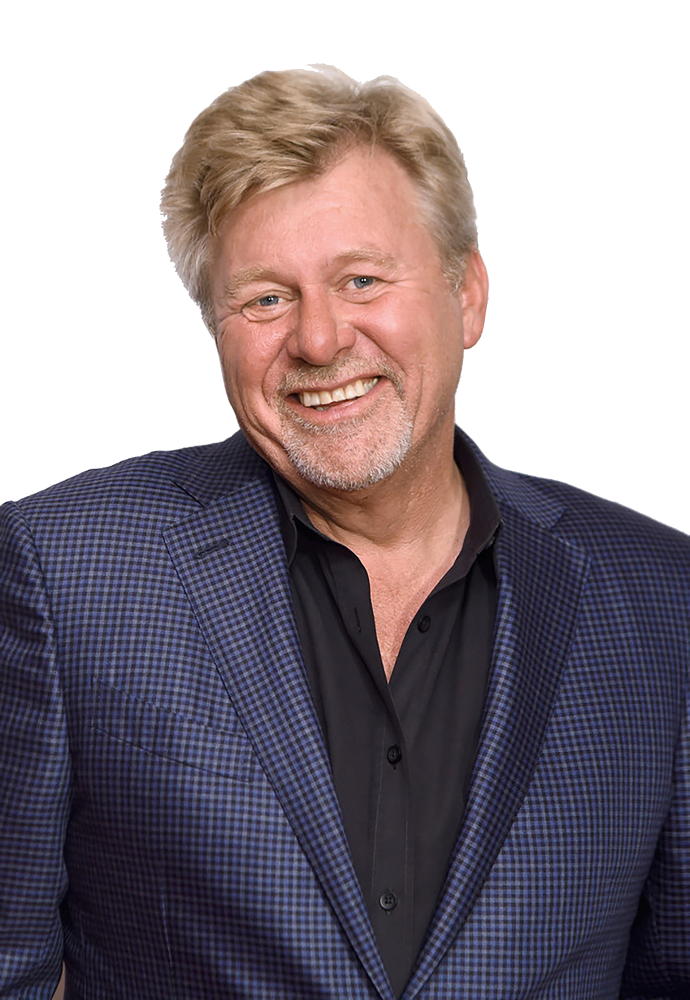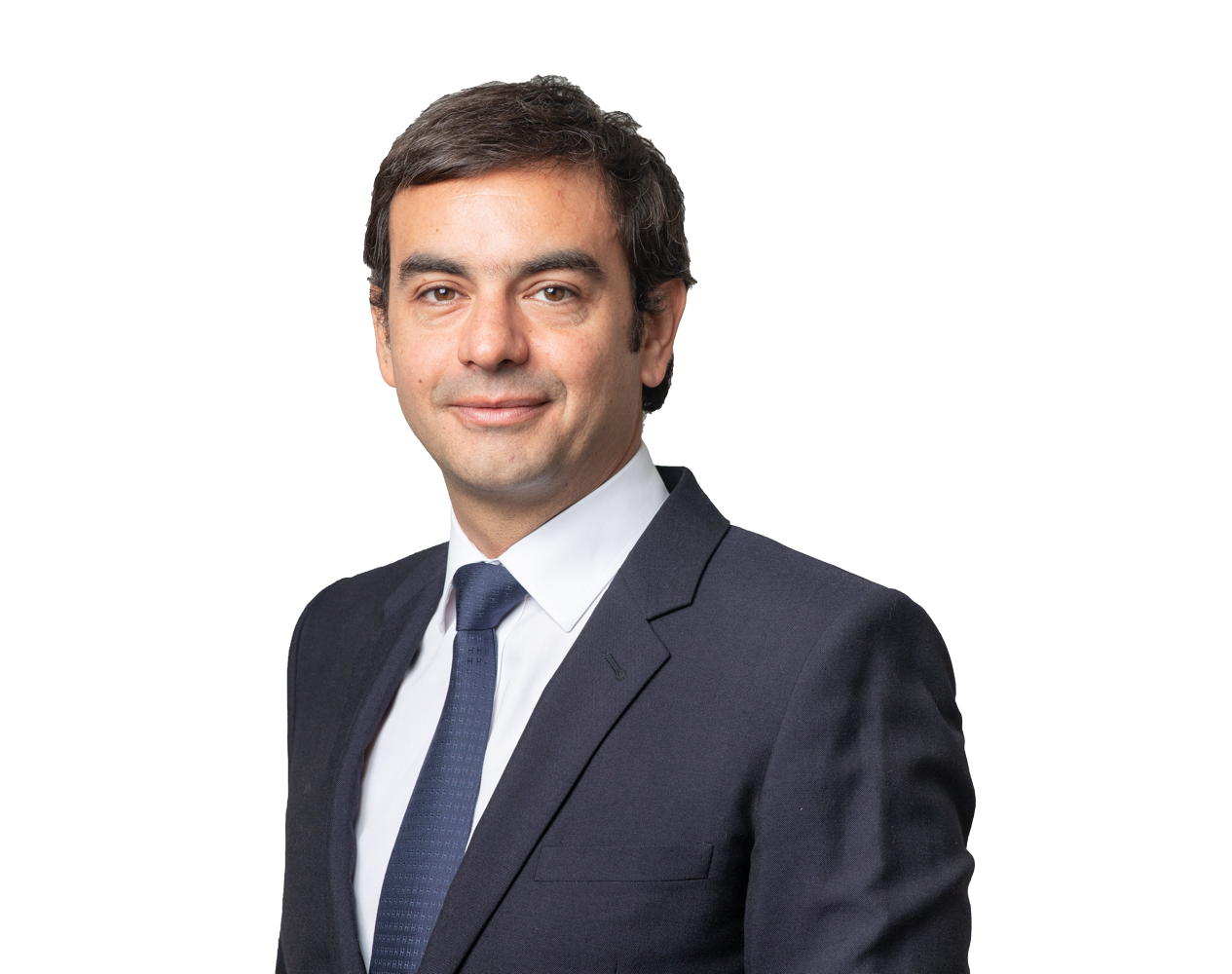It is the third launch for ship management brand Sokana after first being sold to Eitzen Chemical and later being acquired by Navig8. Co-founders George Mangos and Lars Ebbesen tell why these volatile times are ideal for a relaunch
The tanker markets were relatively healthy at the beginning of the year. Performance was strong due to IMO 2020, the[ds_preview] MR fleet had plenty of candidates for scrap, and sanctions had reduced the amount of dirty tonnage on the market which pushed up the demand for other vessels. Then Covid-19 hit. Demand for hydrocarbons went into freefall. Within months the demand for floating storage peaked as a result of unprecedented delta between supply and demand, and never before has supply so overshot demand. The global economy continues to face headwinds as it navigates the challenging effects of Covid-19, and the same can be said for the tanker markets. We know that there will be many long-term impacts from the global pandemic, but there remains considerable uncertainty about cause and effect. Trading in this market has become necessarily more complex, but the upside of complexity is that it creates opportunity.
In the short to medium-term, volatility will be the overarching characteristic. For those who are uncomfortable trading in such markets, it will manifest as weak earnings. For those more attuned to the heavy swells and how to ride them there are significant opportunities emerging – especially around shifting arbitrage patterns. From what we’re seeing in the data and historical trends, the long-term fundamentals are positive. In fact, the snap-back to positive territory could come quite suddenly.
Growth in a volatile market
In volatility is where Sokana operates best. As a young company with old roots, we’ve been fortunate because we’re both digital-first as well as having the experience from many of shipping’s prior bear markets to know how to ride out of the storm.
Sokana’s key differentiator is a depth of experience, flexibility of thought and responsiveness to an ever-changing environment. Our more than 80 years of combined experience and in both chemical and product markets, allows us to optimise the capabilities of our large, modern fleet of nearly 900,000 dwt. Since launching in spring this year, the trading team has been augmented by the appointment of Steen Eriksen, former head of Maersk Tankers Singapore, David Wiswell, former COO of Navig8 Chemicals, as well as Matthew Ferguson and Chris Charter – both Eitzen & Navig8 Chemicals alumni – who have signed on from Norstar.
Where to next?
Amongst owners, consolidation has been the most frequently mentioned inspiration for most of the acquisitions and major commercial management deals struck in the past couple of years. It’s a trend that looks set to continue. But what appears to be both the unanswered – and, unfortunately, often unasked – question is: How does this consolidation benefit the TCE returned to them?
It’s a lesson that far too many people forget: not all cargoes add equal value. Your fleet size must be carefully tailored to the proportion of high value cargoes in your trading portfolio and then optimised around those. Fleet growth as an end in itself is a recipe for below average earnings and commercial stagnation.
When we approach a specific owner with a distinct fleet profile to join, we do so because we see good fit with our existing fleet and trading capabilities, as well as benefits to our closest customers that will unlock value for the owner.
Like it or not, we live in interesting times today, and who you are tomorrow begins with what you do today. The global pandemic has created enormous uncertainty and plenty of pitfall traps for the unwary, but for us those problems are possibilities and those obstacles are opportunities.
George Mangos and Lars Ebbesen, Sokana




















